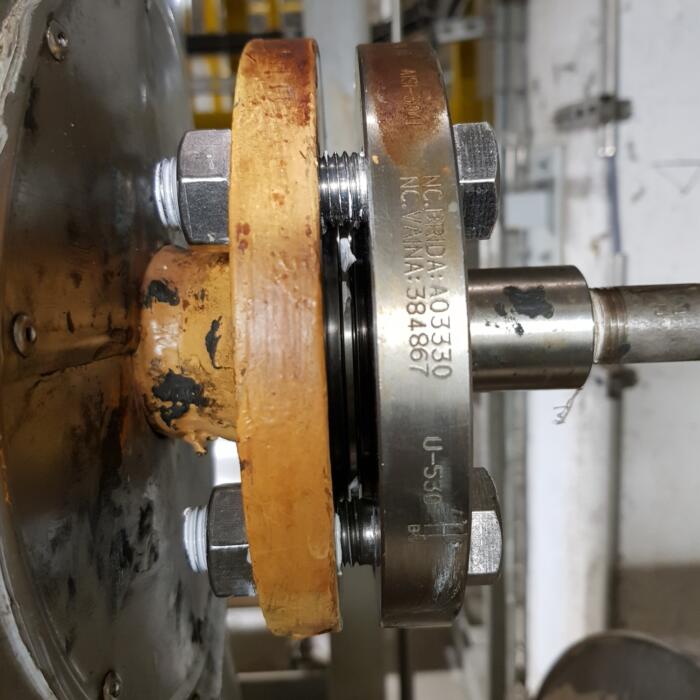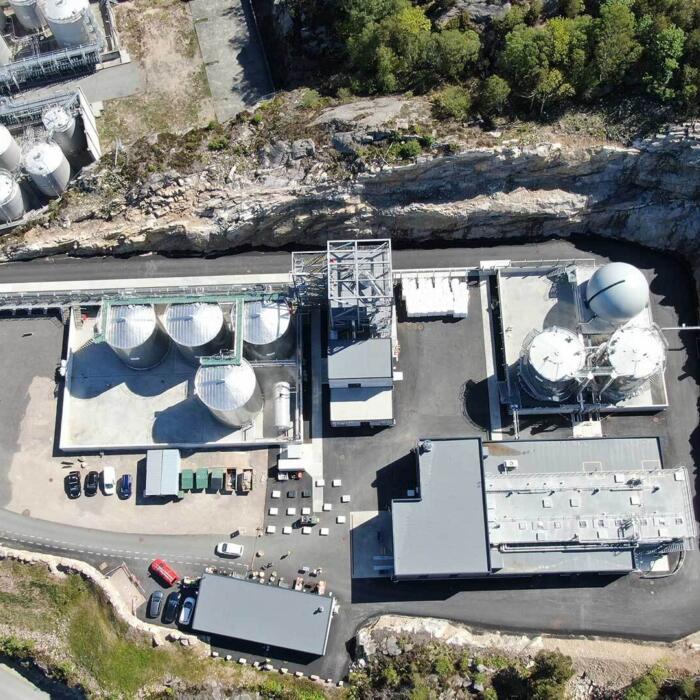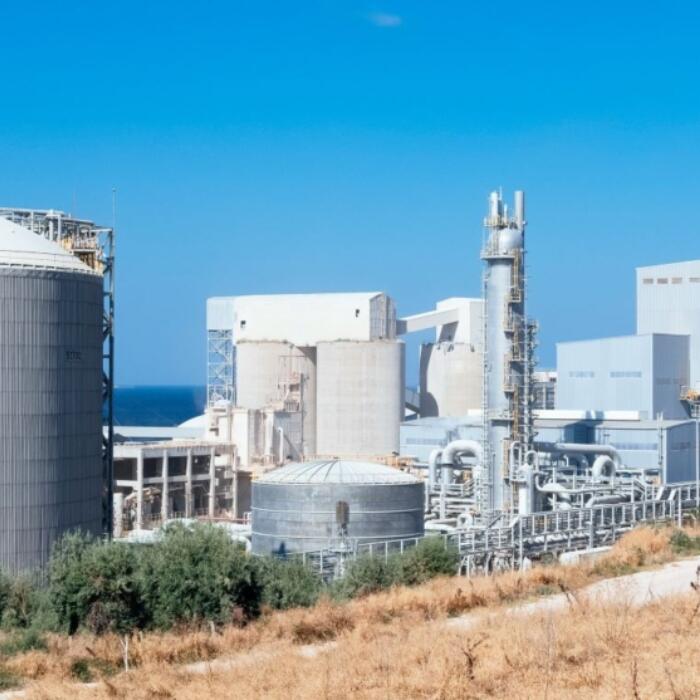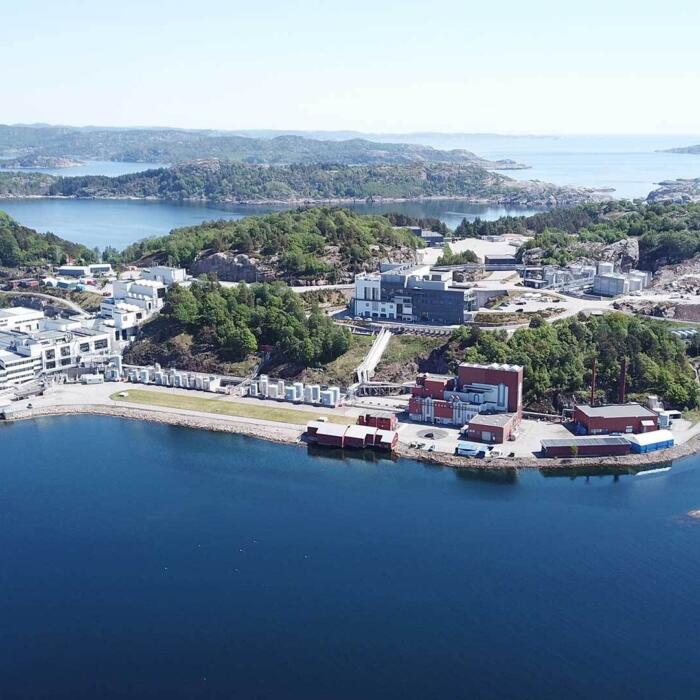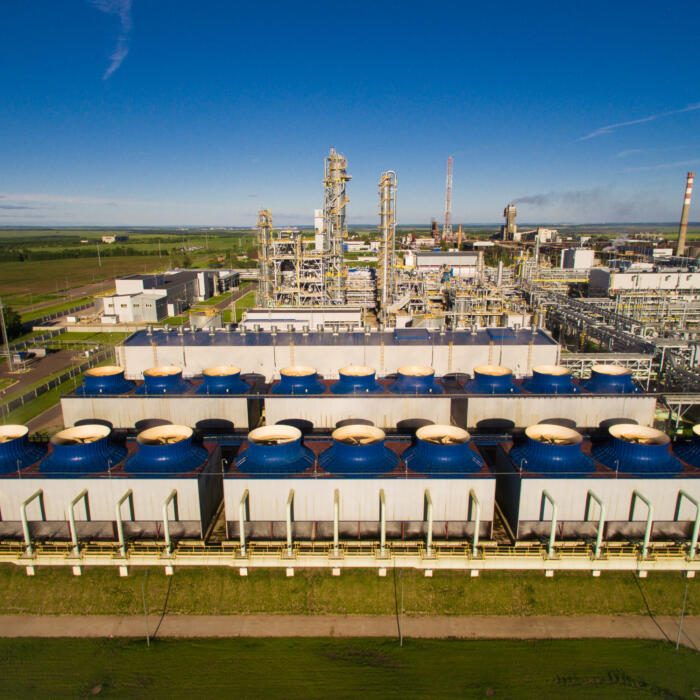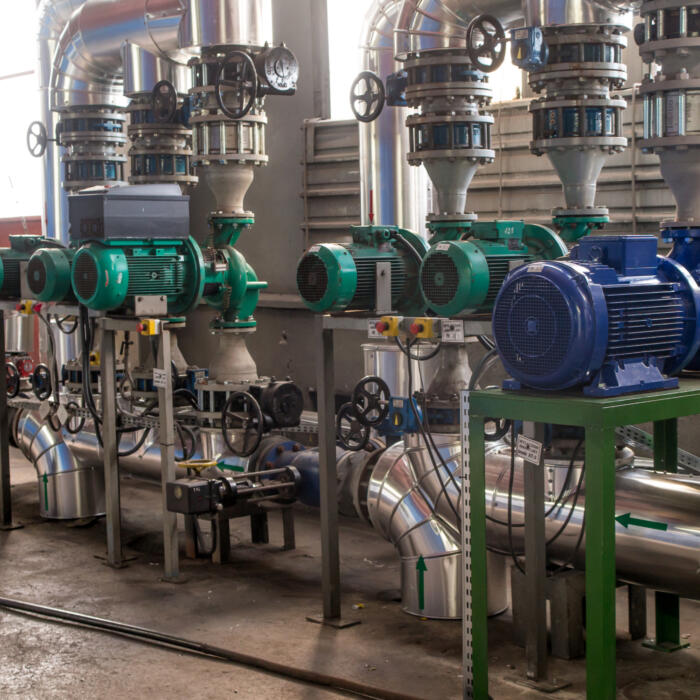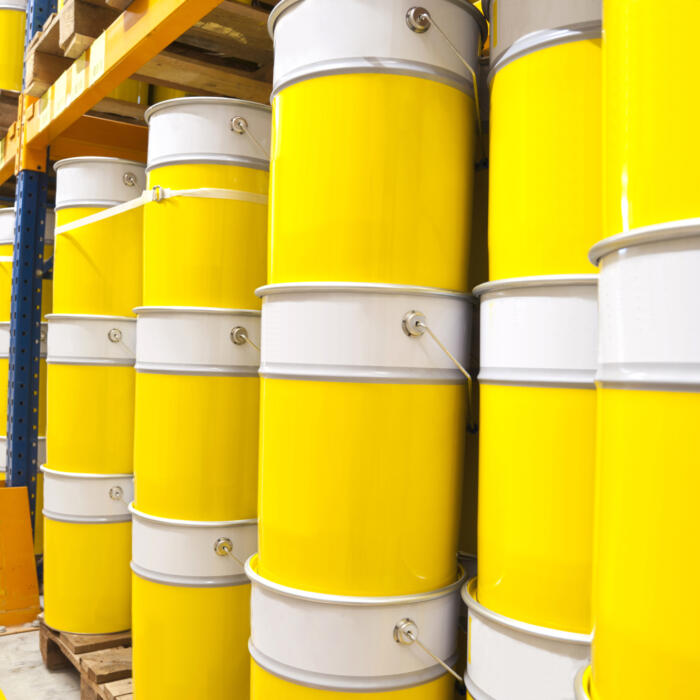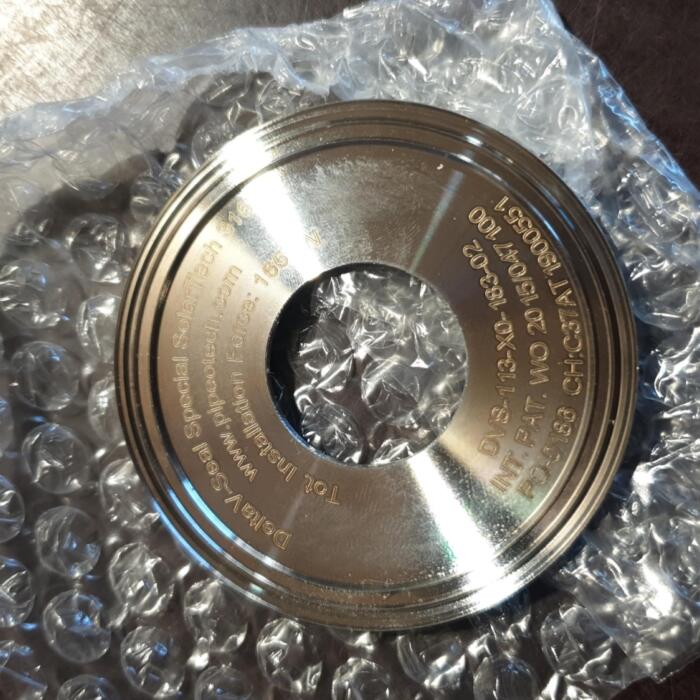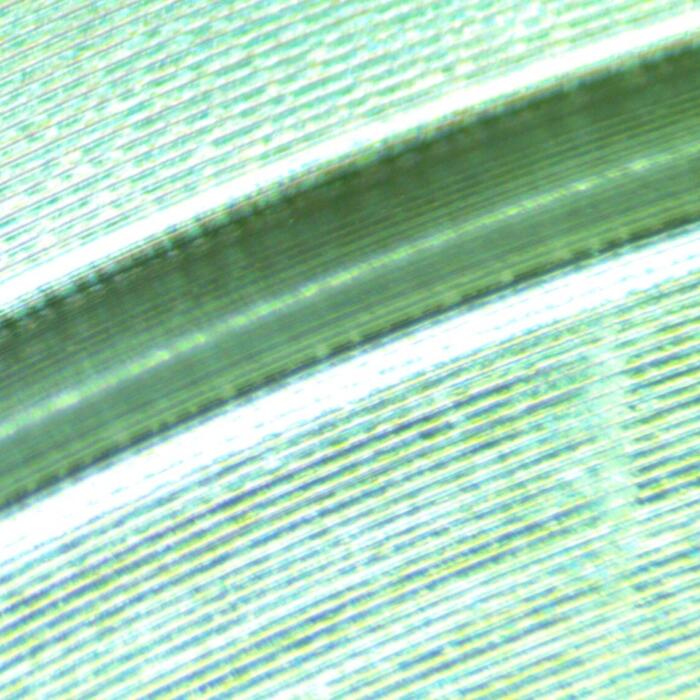Home → Industries → Chemical Processing
Chemical Processing
The leakage of caustic, toxic, or corrosive substances such as Sulfuric Acid, Ethylene, or Sodium Hydroxide can quickly pose deadly health risks to employees and the surrounding environment for countless years after the initial leakage occurs. These environmentally compromising chemicals may continue to pose substantial health threats to immediate environment and local communities. Such dangers used to make selecting the appropriate sealing solution for your operations a difficult task, as numerous factors such as: temperature fluctuation, fluid pressure, facility location, corrosive mediums, fire safety, and operating environment had to be taken into consideration. With the DeltaV-Seal, selection is made easy as it is given by the connected flanges.



Applications
While it is not always difficult to select a compatible seal material for the processing of a single chemical, one of the biggest difficulties for chemical production is selecting the right material which is compatible with a mixture of chemicals. The DeltaV-Seal™ is the ideal sealing solution that satisfies the needs of the Chemical Industry. Its material is matched to the flange for the highest quality sealing performance, making it just as effective at tolerating the exact same substances as the pipe does through various levels of operations. Utilizing a smarter seal not only means superior sealing performance, but it also means a client can operate without ever having to clean a flange or having to maintain it, for the entire operational lifespan of the flange connection.
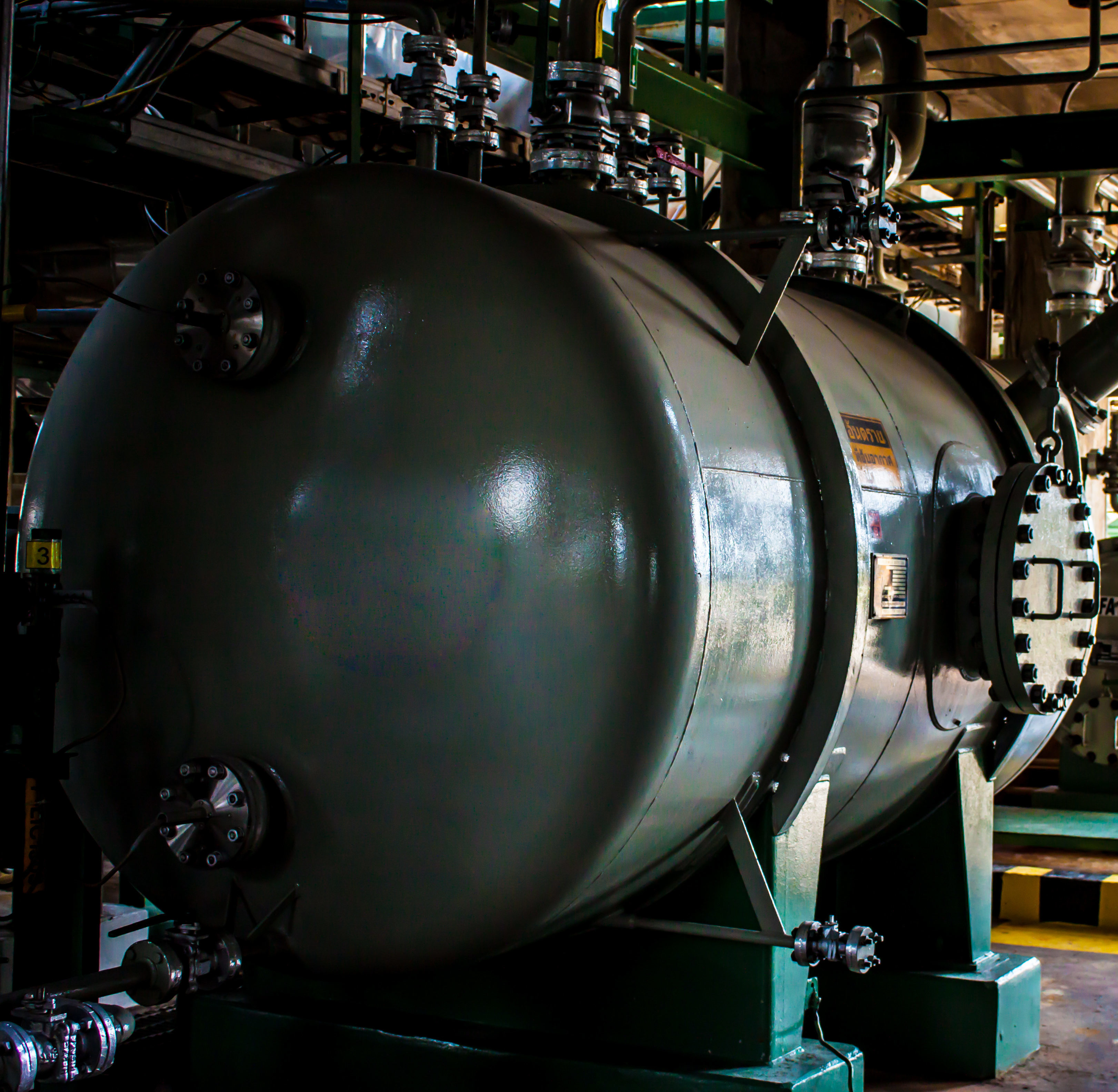
Reactors
The reactor is a vessel used to house a chemical reaction in the petrochemical industry. In the chemical process multiple substances are fed into a tank/vessel where a chemical reaction occurs. In industry reactors vary in size from a few cm3 to the vast structures that are often depicted in photographs of industrial plants. Two main types of reactors are in use today: Batch Reactors (which are most used for reactions, carried out in laboratories) vs Continuous Reactors which are used in production. These are continuously fed chemical reactants from a single entry point, allowing the reaction to take place, and then withdrawing the products at alternate point. Due to the nature of mixed reactants, choosing a seal with versatility and superior sealing strengths is paramount, containing chemicals both before and after reactor processing.
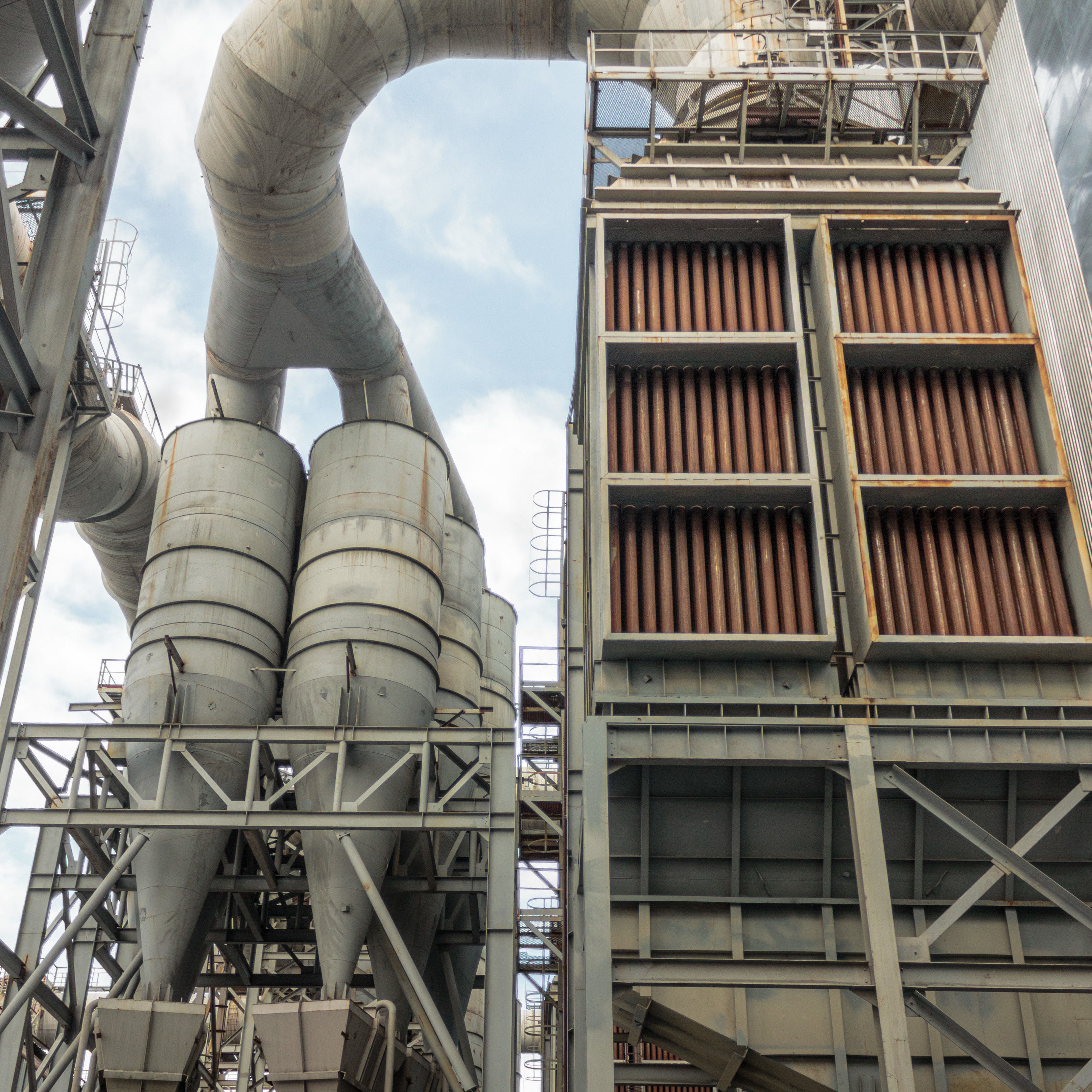
Cyclone
Cyclones for Refineries & Petrochemical Plants are a technology that uses cyclonic separation (via vortexes) as the method of removing particulates from a stream of liquid or gas without the utilization of filters. Maintaining an air tight seal in this process ensures the internal separation process is functioning and optimal strength and efficiency. A loss in pressure due to leak can disrupt the process, cause loss of product, reducing operating efficiency, as well as expose workers and the environment to potentially dangerous substances.

Catalytic cracking units
One of the most important conversion processes used in petroleum refineries, these units are used to convert the complex hydrocarbons into simpler molecules in order to increase the quality and quantity of lighter hydrocarbon fractions of petroleum crude oil into highly demanded gasoline, olefinic gases, and other petroleum based products. This process can result in the production of highly combustible kerosene, gasoline, LPG, heating oil, and petrochemical feedstocks. Micro leak or fugitive emissions can occur in piping that leads to or from the Catalytic Cracking Units due to weak flange gaskets. These leaks can result in an explosion, loss of product, and/or environment problem, however these challenges are all eliminated through a superior sealing strength.


